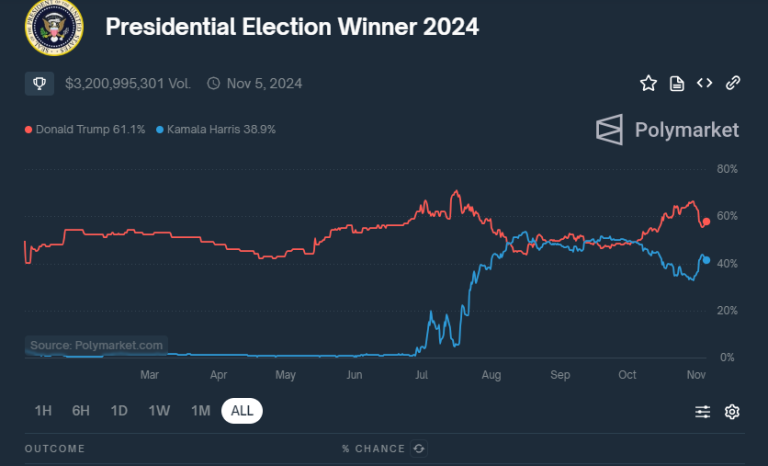Last updated:
 Why Trust Cryptonews
Why Trust Cryptonews
Ad Disclosure
We believe in full transparency with our readers. Some of our content includes affiliate links, and we may earn a commission through these partnerships. Read more

Concerns over Hyperliquid’s centralization surfaced on Tuesday, as validators highlighted issues such as limited transparency, restricted participation, and API access limitations.
Hyperliquid’s Decentralization Flaws Under Fire
X user @KamBenbrik criticized the validator structure in an X post, describing it as “restrictive and overly centralized, creating unnecessary barriers to wider participation.”
Critics outside the testnet participants reportedly face difficulties entering the system.
In response to these criticisms, Hyperliquid defended its practices, emphasizing the role of testnet performance in validator selection.
Hyperliquid clarified that validator roles were awarded based on testnet performance.
The company emphasized, “Claims otherwise undermine the efforts of the validators who dedicated time and effort to understanding the system.”
To address decentralization concerns, Hyperliquid announced the Foundation Delegation Program to include more validators as the network matures.
The company also stated that its API server does not limit access and that any server can point to any node.
Additionally, it promised to open-source its node code once development stabilizes to ensure transparency and security.
Hyperliquid Token Faces Pressure Amid Market Concerns
These concerns have triggered a sharp 15% drop in the price of the HYPE token, trading at $21.05 as of writing.
Despite the decline, the HYPE token has risen by 64% over the past 30 days, with trading volume for Hyperliquid Futures reaching $7.45 billion.
Hyperliquid also reported a surge in its daily trading volume in 2024, which hit an all-time high of $15 billion, while its total value locked (TVL) climbed to $2.1 billion.
While Hyperliquid has achieved notable milestones, it has also faced challenges, including allegations of North Korean hacker involvement.
Tay Monahan, a security researcher at Metamask, claimed that hackers linked to the DPRK had exploited the platform since October, prompting heightened scrutiny and substantial fund withdrawals.
In response, Hyperliquid reiterated its commitment to preventing the black market trade of testnet tokens.
The company is working on improving onboarding processes to create a fairer and more inclusive ecosystem.



